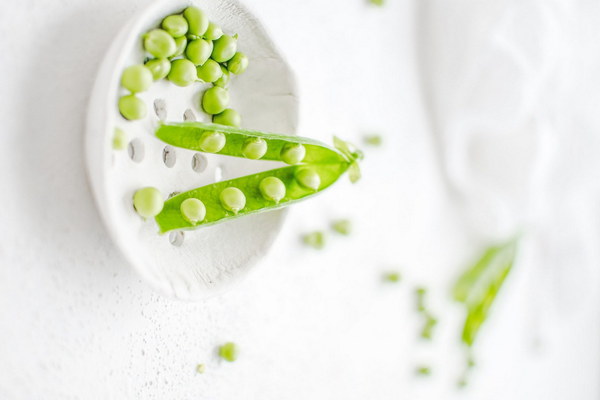Maximizing Liver Care During Fever Effective Tips for Liver Protection
Introduction:
Fever is a common symptom that can indicate an underlying infection or illness. While fever itself is not harmful, prolonged high temperatures can put stress on the body, including the liver. The liver plays a crucial role in filtering toxins and metabolizing drugs, so it's essential to take proper care of it during a fever. In this article, we will discuss the best practices for liver care and protection during a fever.
1. Stay Hydrated:
During a fever, the body loses fluids at a rapid pace, which can lead to dehydration. Adequate hydration is essential for maintaining liver function. Drink plenty of water, herbal teas, or clear broths to stay hydrated. Avoid sugary drinks and alcohol, as they can further burden the liver.
2. Maintain a Balanced Diet:
A healthy diet can support liver function during a fever. Incorporate a variety of fruits, vegetables, whole grains, lean proteins, and healthy fats into your meals. Avoid processed foods, excessive sugar, and saturated fats, which can stress the liver.
3. Get Adequate Rest:

Rest is crucial for the body to recover from a fever. During rest, the liver can focus on regenerating and repairing damaged cells. Aim for 7-9 hours of quality sleep per night and take short breaks throughout the day to rest.
4. Medication Management:
Some medications can be harmful to the liver, especially when taken in high doses or for extended periods. Consult with a healthcare professional about any medications you are taking during a fever. They can provide guidance on safe and effective alternatives or dosage adjustments.
5. Support Liver Function:
To support liver function during a fever, consider incorporating the following practices:
a. Milk Thistle: This herbal supplement contains silymarin, a compound that can help protect and regenerate liver cells. Consult with a healthcare professional before taking milk thistle or any other supplement.
b. Turmeric: This spice contains curcumin, which has anti-inflammatory properties. Incorporate turmeric into your diet through cooking or by using it in supplements.
c. Vitamin E: This fat-soluble vitamin plays a crucial role in protecting liver cells. Consume vitamin E-rich foods such as almonds, sunflower seeds, and avocados, or consult with a healthcare professional about taking a vitamin E supplement.
6. Monitor Liver Function:
If you have a chronic liver condition or are at risk for liver damage, it's important to monitor your liver function during a fever. Regularly check your liver enzymes and discuss any concerns with your healthcare provider.
Conclusion:
Fever can put additional stress on the liver, making it essential to take proper care of it during this time. By staying hydrated, maintaining a balanced diet, getting adequate rest, managing medications, supporting liver function, and monitoring liver health, you can help ensure that your liver remains healthy and functioning during a fever. Always consult with a healthcare professional for personalized advice and treatment.









